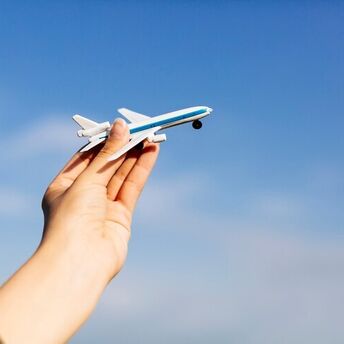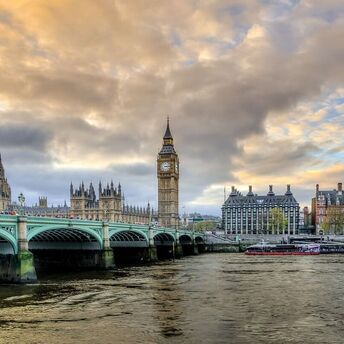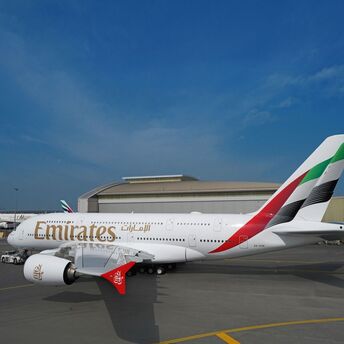Flight delays: 8 secrets you should definitely know
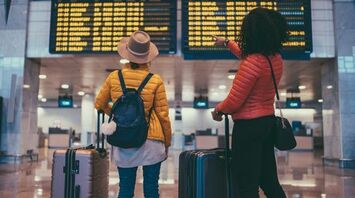
Flight delays are a fairly common occurrence. When tourists learn about it, they get upset and irritated. It seems that this is a situation that cannot be influenced, but this is not the case.
The Huffington Post turned to travel experts and asked them to share the secrets that most travelers do not know about. They will help you better understand the process of flight delays and why they happen.
Secret №1: track your transportation
It's a good idea to download the airline's mobile app to receive notifications about schedule changes and delays before they are announced on the screen at the airport. You can also use it to monitor your plane's flight before it arrives at the airport and anticipate possible delays.
"On your airline's app, you can see exactly where the plane is coming from and whether it will arrive on time," said Ravi Roth, a travel expert.
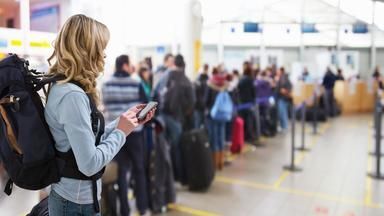
There are also a number of apps and websites that are not developed by airlines. You can also track your flight and previous departures there. All you need is the flight number, airline name, and departure date.
Secret №2: early flights are less likely to be delayed
"An early flight delay can have a "ripple effect" that causes subsequent flights to be delayed as well. We recommend that you always book the first flight to avoid any consequences of delays at the beginning of the day," said Adit Damodaran, economist at Hopper, a travel booking app.
So if you hate delays more than waking up at the crack of dawn, choose a morning flight. Of course, morning flights are not immune to problems. But even if something happens, you will have many more options to get to your destination on the same day. If it was late in the evening, you would have to look for a hotel and return to the airport again in the morning. And that's additional cost and time.
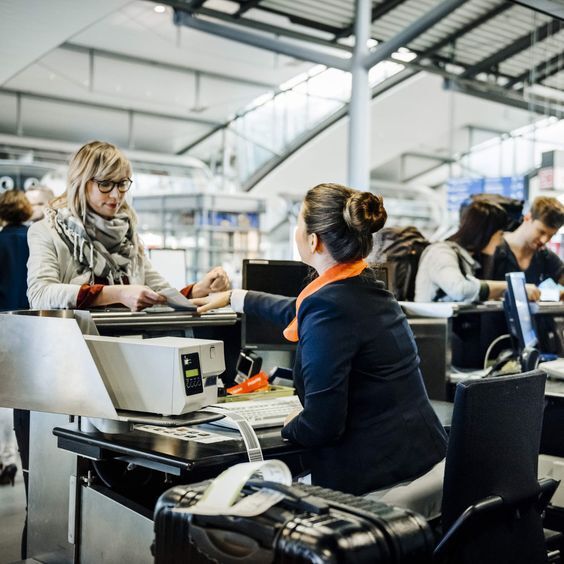
Secret №3: Choose non-stop flights
Although a direct flight is more expensive, you will spend less time flying or getting to your destination. Also, you don't have to worry if one transport is delayed and you don't have time to catch another. However, if the flight is long, it is better to make a stop and rest. Try to give yourself at least an hour between flights. You should also try to connect through a city that has many flight options to your final destination.
Secret №4: Check the weather forecast before buying tickets
Weather conditions are a common reason why flights are canceled. As your trip approaches, you should pay attention to the weather conditions at the airports of departure and arrival, as well as along the flight route. Early warnings of severe storms can help you anticipate possible delays, especially during the holidays.
"Remember that even if the weather is nice outside, airlines can still delay or cancel a flight due to inbound flight disruptions, staffing issues, technical problems, or other unforeseen circumstances," said Jen Moyes, senior director of service delivery at TripIt.
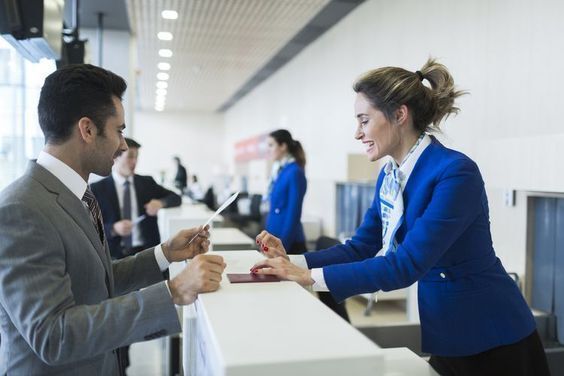
Secret №5: Verify airline performance data
Federal regulations require airlines to publish flight performance data on their websites. So when you plan your trip, you can see how often a particular flight arrives on time. Obviously, you can choose the one that is highest in the rating.
If you can't find this data, we recommend using FlightAware and FlightStats. The US Bureau of Transportation Statistics also offers statistics on airline delays to guide you before you buy a ticket.
Secret №6: Consumers need to know their rights
Fortunately, there are rules that set out what airlines must do in the event of delays. In particular, they are obliged to allow passengers to leave the board of a departing or arriving aircraft after three hours of delay for domestic flights and four hours for international flights.
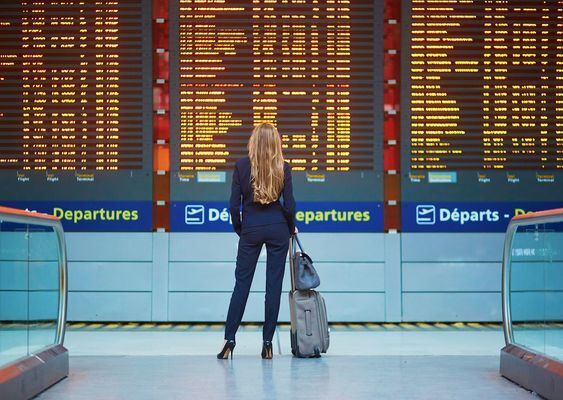
Secret №7: You have the right to receive monetary compensation
Experts advise to always read the airline's terms and conditions, because in most cases, you can always find a way to get most of the money back when your flight is delayed.
Experts also emphasize that airlines are obliged to refund you in cash, not with bonuses or credit, so ask for cash. Depending on the circumstances, airlines may also be obliged to cover expenses incurred due to delays or cancellations (for example, meals and hotel accommodation).
Secret №8: Be flexible
Sometimes the stakes of travel are high. You might be traveling on your honeymoon or trying to make it home for the holidays for the first time in years. In such cases, it's helpful to have a few days to spare so that a delay doesn't disrupt your plans.
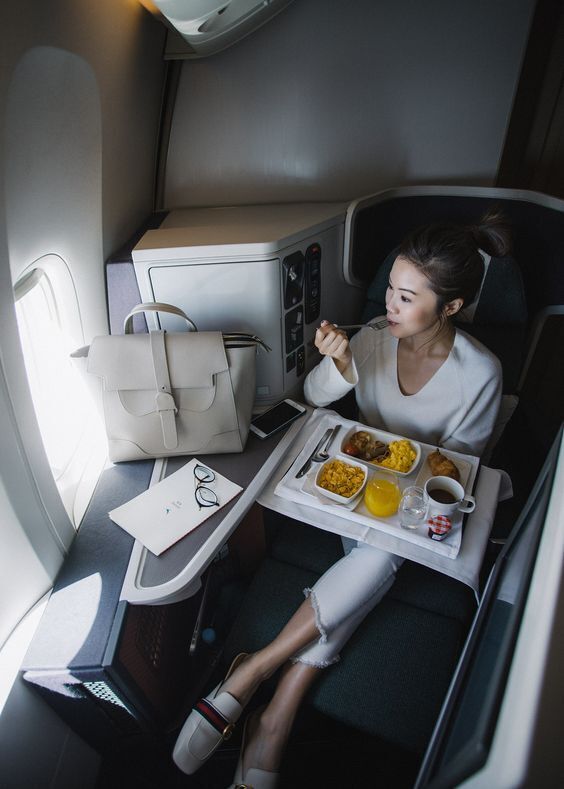
"If you can, try to build some flexibility into your schedule, especially over the Christmas and New Year holidays," advises Adit Damodaran. "Leave an extra day or more in case your trip is interrupted so you can make it to any holiday celebrations." Delays are normal, especially during the peak season. The days before Christmas and New Year's are some of the busiest of the year, and airline employees take a long time to recover from such busy workdays.
No matter what happens, you shouldn't take out your frustration and anger on airport or airline employees. It's not their fault. Show some patience and understanding. Be prepared for anything to happen, and don't panic or get emotional about it.















